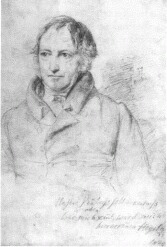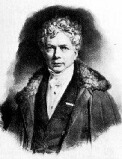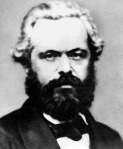 thinkers a battleground, where
carefully
considered critical machinery had made it possible to put ideas
into motion against each other in new and devastating ways.
Kant
is usually credited with the
critical breakthroughs that showed newly how to expose ideas, while
Hegel's
subsequent dialectics
then exemplify a principle - a kind of time - by which the movement
and collision of ideas can be described.
thinkers a battleground, where
carefully
considered critical machinery had made it possible to put ideas
into motion against each other in new and devastating ways.
Kant
is usually credited with the
critical breakthroughs that showed newly how to expose ideas, while
Hegel's
subsequent dialectics
then exemplify a principle - a kind of time - by which the movement
and collision of ideas can be described.
III |
|
Earlier
ways thinking had shifted in
its relations with ideas; Kant's critical philosophy, Hegel's
dialectics, the emergence of ideology.
|
|
As
remarked above, thinkers at the turn of
the century had not been naive about how we can be deceived by our
ideas. Nor even was the emphasis on Time or Process a new way to
try to make ideas more answerable for what they exclude. Earlier thinking had left to Twentieth
century
 thinkers a battleground, where
carefully
considered critical machinery had made it possible to put ideas
into motion against each other in new and devastating ways.
Kant
is usually credited with the
critical breakthroughs that showed newly how to expose ideas, while
Hegel's
subsequent dialectics
then exemplify a principle - a kind of time - by which the movement
and collision of ideas can be described. thinkers a battleground, where
carefully
considered critical machinery had made it possible to put ideas
into motion against each other in new and devastating ways.
Kant
is usually credited with the
critical breakthroughs that showed newly how to expose ideas, while
Hegel's
subsequent dialectics
then exemplify a principle - a kind of time - by which the movement
and collision of ideas can be described. |








